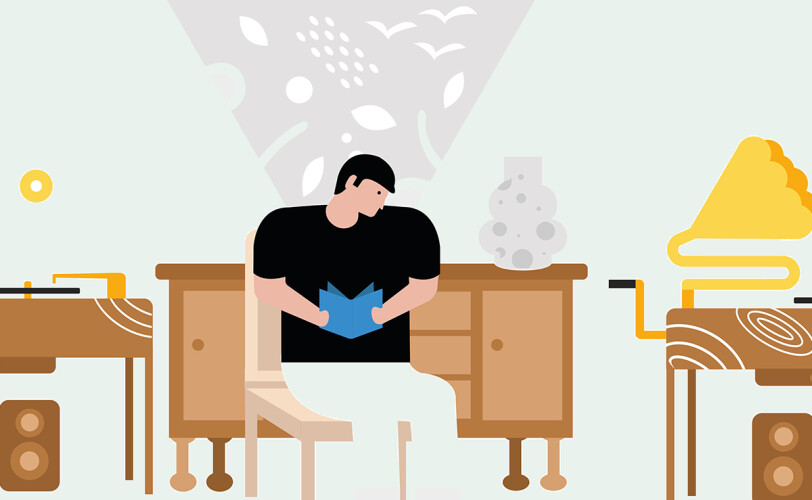Eating disorders - tips for coping over the holidays
The holidays can be one of the trickiest times for someone struggling with disordered eating or body dysmorphic disorder. Not only because there is a focus on food, but also because you're often spending more time with various different family and friends, the usual routine may not be possible and there is a lot of pressure to have the 'perfect' celebration.

Here are some useful tips for managing over the holidays (all holidays/events, not just Christmas) that I often support my clients with:
Self-care
This is the key, overarching theme I want to focus on. Self-care is not just about bubble baths and face masks (as lovely as these are of course).
Self-care is about what you're doing internally to nourish and take care of yourself, tuning into what choices we are making, what relationships we want/have and how we look after ourselves internally.
This looks different for everyone but for lots of us, it's about considering our boundaries. What do we need to put in place to feel safe? This might be ensuring you have a small window of time in your day where you know you can definitely be alone to take five minutes to meditate, or it might be politely declining an invite to something you would usually unwillingly go to.
Boundaries are a huge part of the therapeutic work we do and are a really key factor in keeping ourselves safe and protected over the holidays. It might be preparing family members before mealtimes and asking them not to comment on your food, whatever helps you feel safe.
Routine
This can be tricky for someone with an eating disorder, particularly if you're following a meal plan. If you're seeing a professional already for this, make sure you take time to plan things with them. Talk through your anxieties and worries and consider how you can most feel comfortable and at ease throughout the holidays. Perhaps this means communicating how you feel to family members or friends, to let them know you might struggle a little so they can look out for you.
![Man journaling]() Pressure
Pressure
There is a huge amount of pressure on holidays and events, particularly around everything being 'perfect' and at New Year's - making New Year's resolutions. Try to remember that it really is just like any other day. Check-in with yourself and consider- where is this pressure coming from? Am I putting too many expectations on myself?
Usually, when we take a minute to reflect we realise the pressure is coming from ourselves, and we can change this. New Year's resolutions can be great; setting determinations or intentions for the year ahead can feel positive and practising gratitude is always helpful, but think small and try not to let your critical voice turn this mindful activity into extra pressure.
Action
Finally, my last tip is to take action. By this I mean: the only way things will change is if you change them. No, this is not always easy, but there is a way and it must start internally within you.
What helps you cope when your critical voice is loud, or when difficult relationships leave you feeling anxious? Perhaps journaling, meditating or vision boarding helps you, or something else creative. You could write a letter to your future self to put away and read after the holiday to show you've come out of the other side.
Whatever it is, and however small it is, give it a go and do what you can. These are all mindful suggestions I offer clients because the small things really do make a huge difference in recovery.

Find a therapist dealing with Eating disorders
All therapists are verified professionals
 Pressure
Pressure





